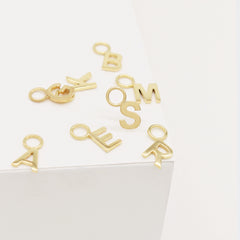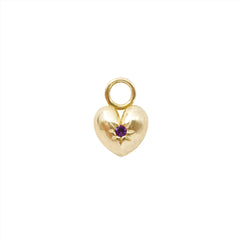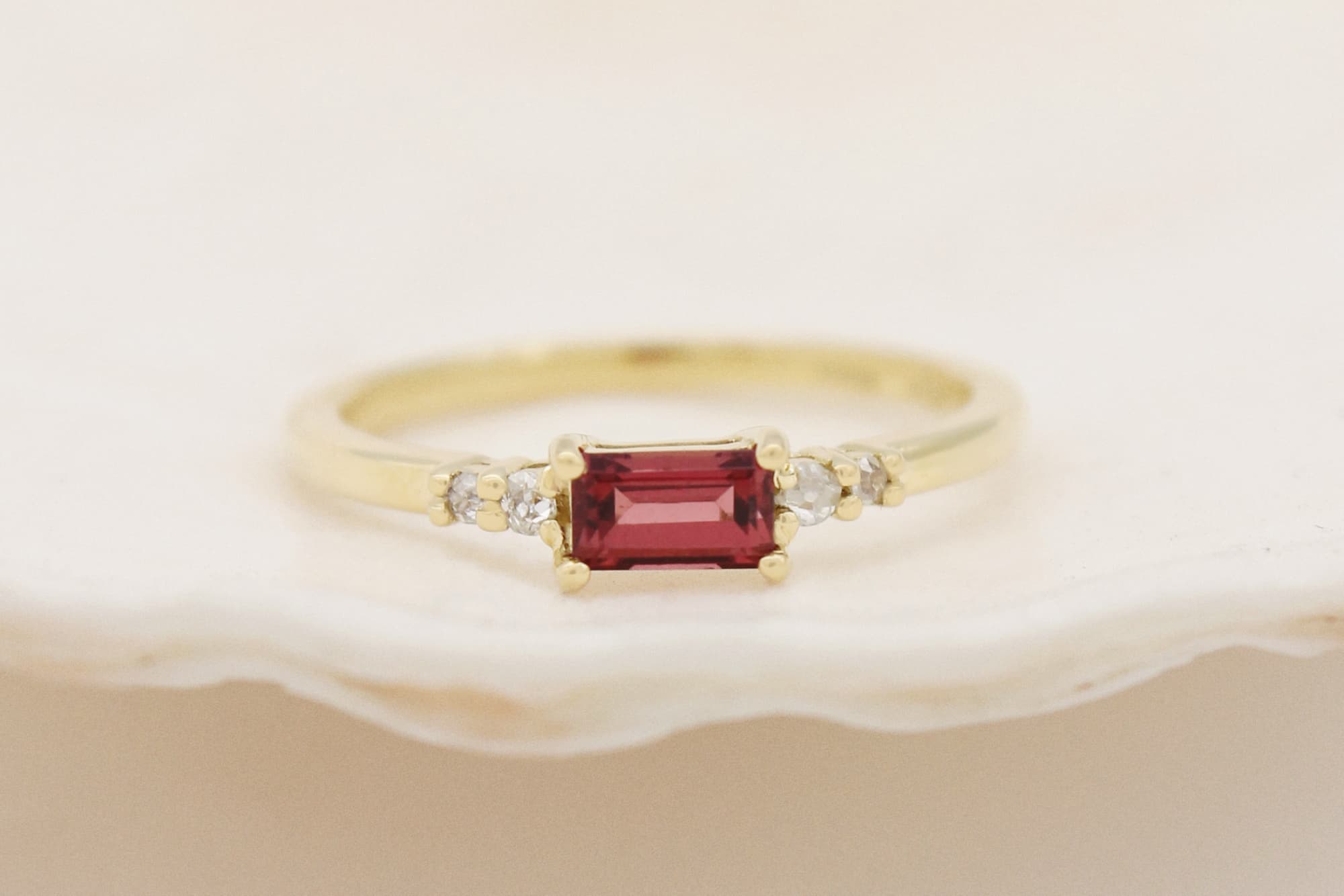It’s no secret that we are huge Tourmaline gemstone fans – we feature them in many of our collection pieces and in any custom design we can squeeze them into. The October birthstone, Tourmaline, is highly prized by collectors and has many distinct qualities that set it apart from other gems.
This blog will take you through some key facts to celebrate Tourmalines and show you why this undoubtedly special stone has stolen our hearts.
1. Tourmaline – The Rainbow Gemstone
Tourmaline has earned this title because it has the widest colour variety of all gemstones. The extraordinary range of colours develops due to the different chemicals present as the gemstone crystallises. Because of this, Tourmalines can range from the deepest of blues to vibrant pink, yellow, striking greens and even black or dark brown.
Sometimes one Tourmaline crystals can contain a mixture of different colours. These are known as Bi-Colour Tourmalines.

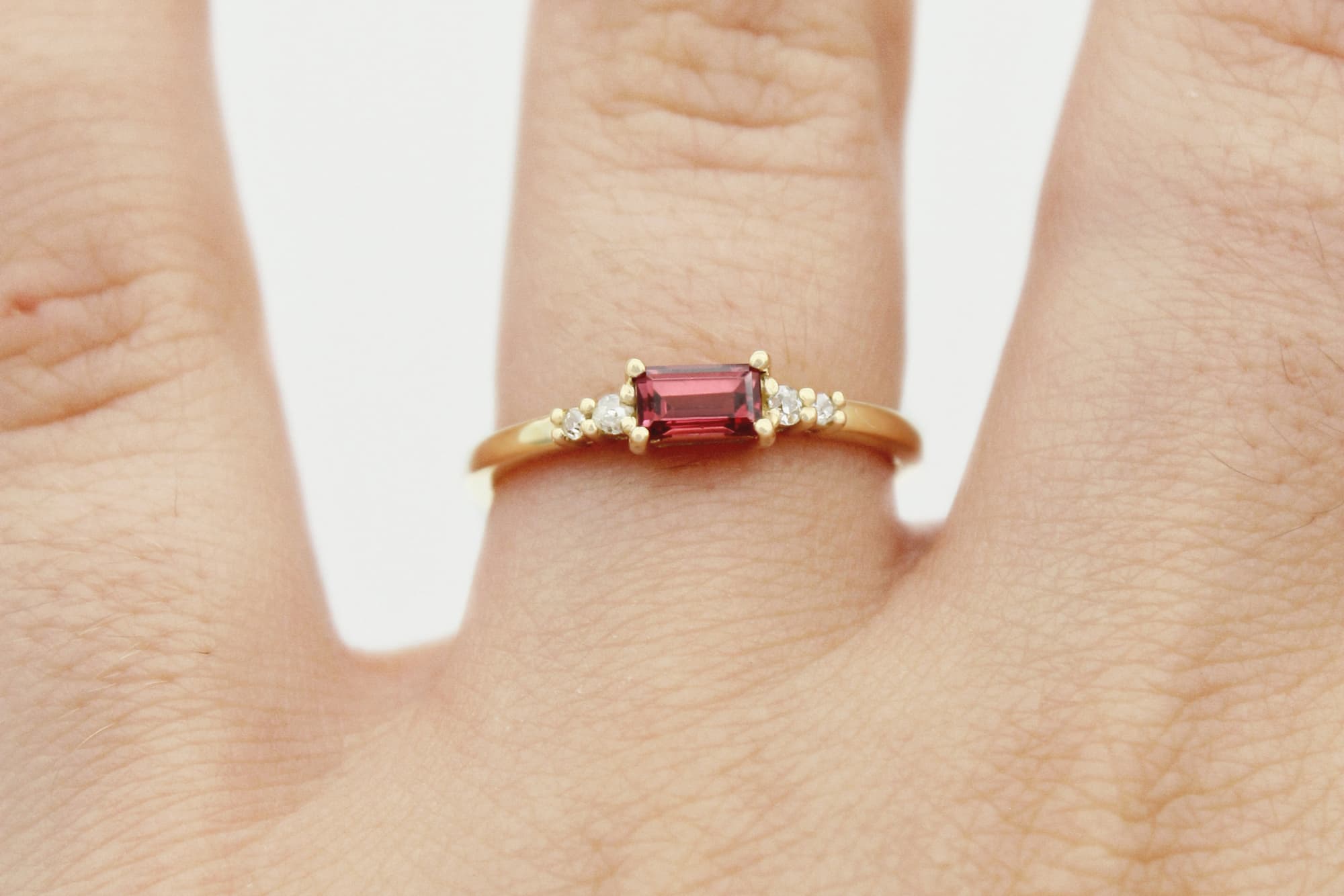
2. Tourmaline Wasn’t Always a Certified Gemstone
Often mistaken for other stones such as Emerald and Topaz, the Tourmaline gemstone wasn’t identified in its own right until 1703!
Legend has it that Tourmaline was certified after a parcel of mixed gems was sent from Sri Lanka to the Netherlands. The parcel was labelled ‘turmali’ which roughly translates to ‘mixed precious stones’ in Sinhalese.
Dutch children playing with the stones realised that the stones attracted dirt particles when heated by the sun. The stones were then passed on to a local gemologist who confirmed they were part of a unique mineral group. The gemologist named the stones after the label on the original package.

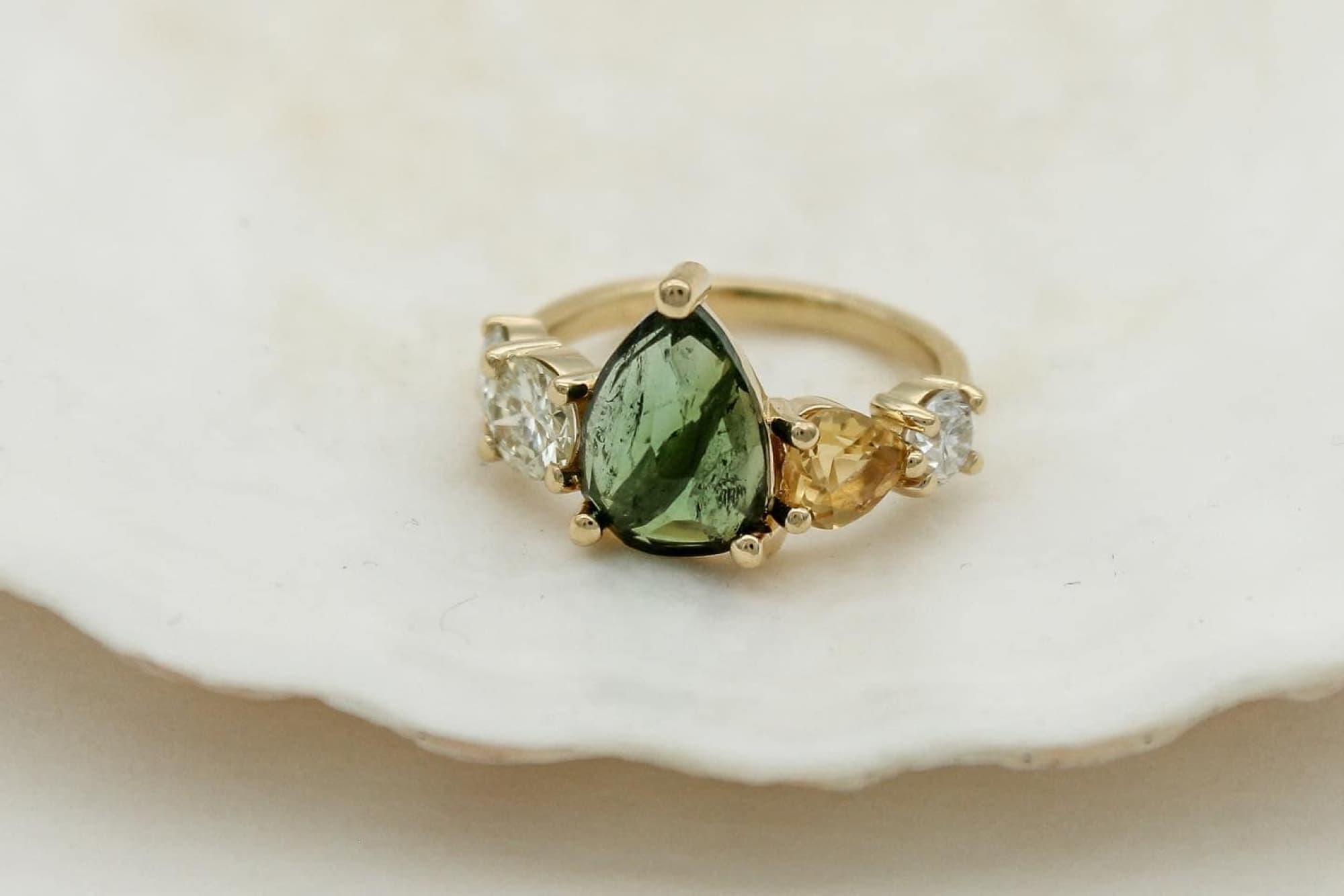
3. Tourmaline Has an Electrical Charge
We touched on this unique trait in our previous point. The ability to attract particles of dirt when heated is known as pyroelectricity. Deposits of Tourmaline that are not fit for jewellery are often used in electrical devices because of this electrical charge when heated or rubbed.

4. Tourmaline is Highly Pleochroic
Not to be confused with our previous fact (bear with us, we are geeks!), pleochroism literally means ‘more colours’ and refers to how gemstones radiate different colours (two or more) when viewed from different angles.
When a gemstone exudes two colours, it is known as dichroic. This is one of the most magical features of Tourmalines and a big reason why we love them so much.
5. Tourmaline is Highly Sought After
Tourmaline is one of the most sought-after gemstones in the world. This gemstone is so beautiful and unique, making it a highly prized gemstone amongst collectors.
The most desired Tourmaline is the Paraiba Tourmaline which is named after its discovery location in Brazil. Due to the presence of copper, Paraiba Tourmalines has a very distinctive blue-green hue. It is a very rare stone that also boasts an incandescent glow.
It is said that for every 10,000 Diamonds found, only one Paraiba Tourmaline is unearthed.
6. Tourmaline Can Be as Clear as a Diamond!
Many stones boast clarity as a strong point, but not many are as clear as diamonds – like Tourmaline. This allows light to pass beautifully through these gemstones enhancing their striking colours. Additionally, Tourmaline measures 7.5 on the Moh’s scale of hardness, making it an excellent stone for everyday wear.
7. Tourmaline Can't Be Lab-Grown
In this day and age, one can find lab-grown alternatives for almost every natural gemstone.
Amazingly, while scientists have been able to produce synthetic Tourmalines, there are no lab-created Tourmalines commercially available for gem or jewellery use.
Many imitations exist that try to mimic the natural colours of tourmaline, but none can compete with these truly magnificent natural gemstones. For us, this makes them extra special, and something to be treasured.
That’s seven reasons to fall head over heels in love with the Tourmaline gemstone. As we mentioned at the start of this blog, this is one of our favourite pieces to feature in our jewellery – especially for custom designs. If you would like to create a custom tourmaline ring or another piece of tourmaline jewellery, contact our customs team.

